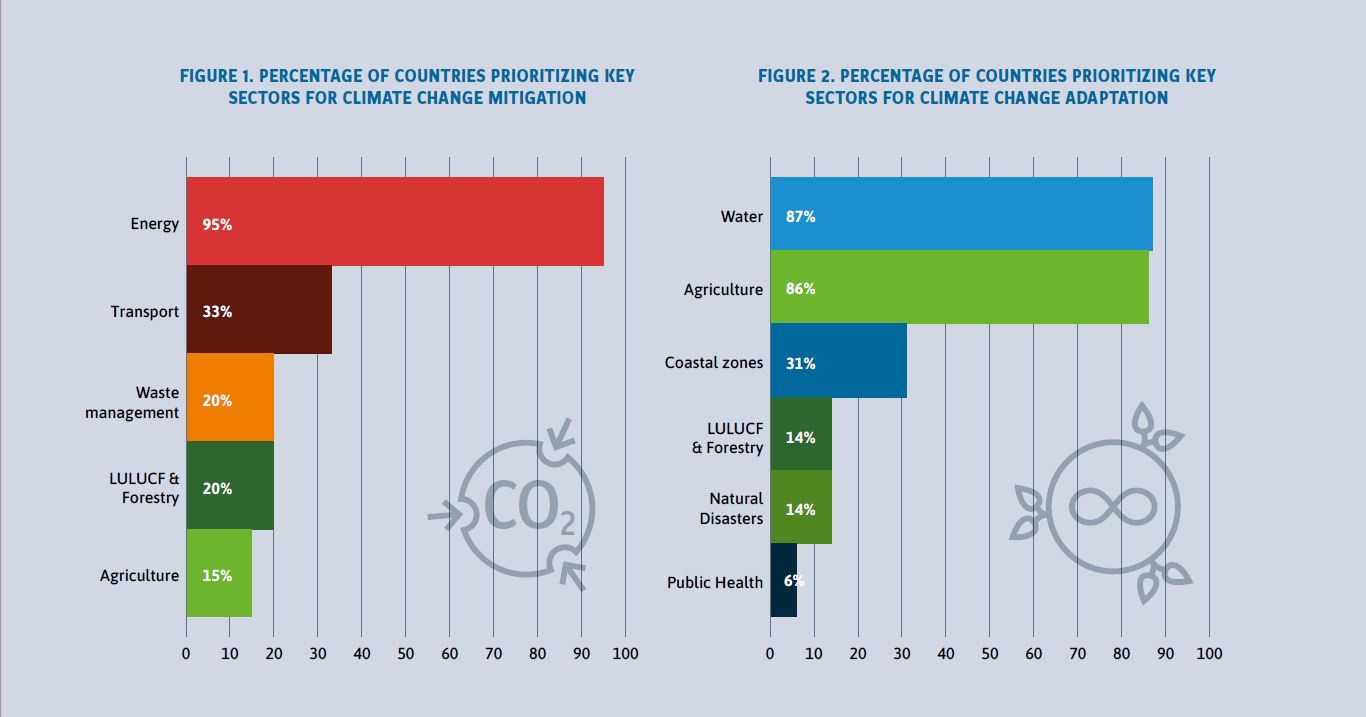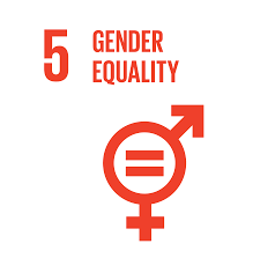Sustainability, Ethics and Gender Equality
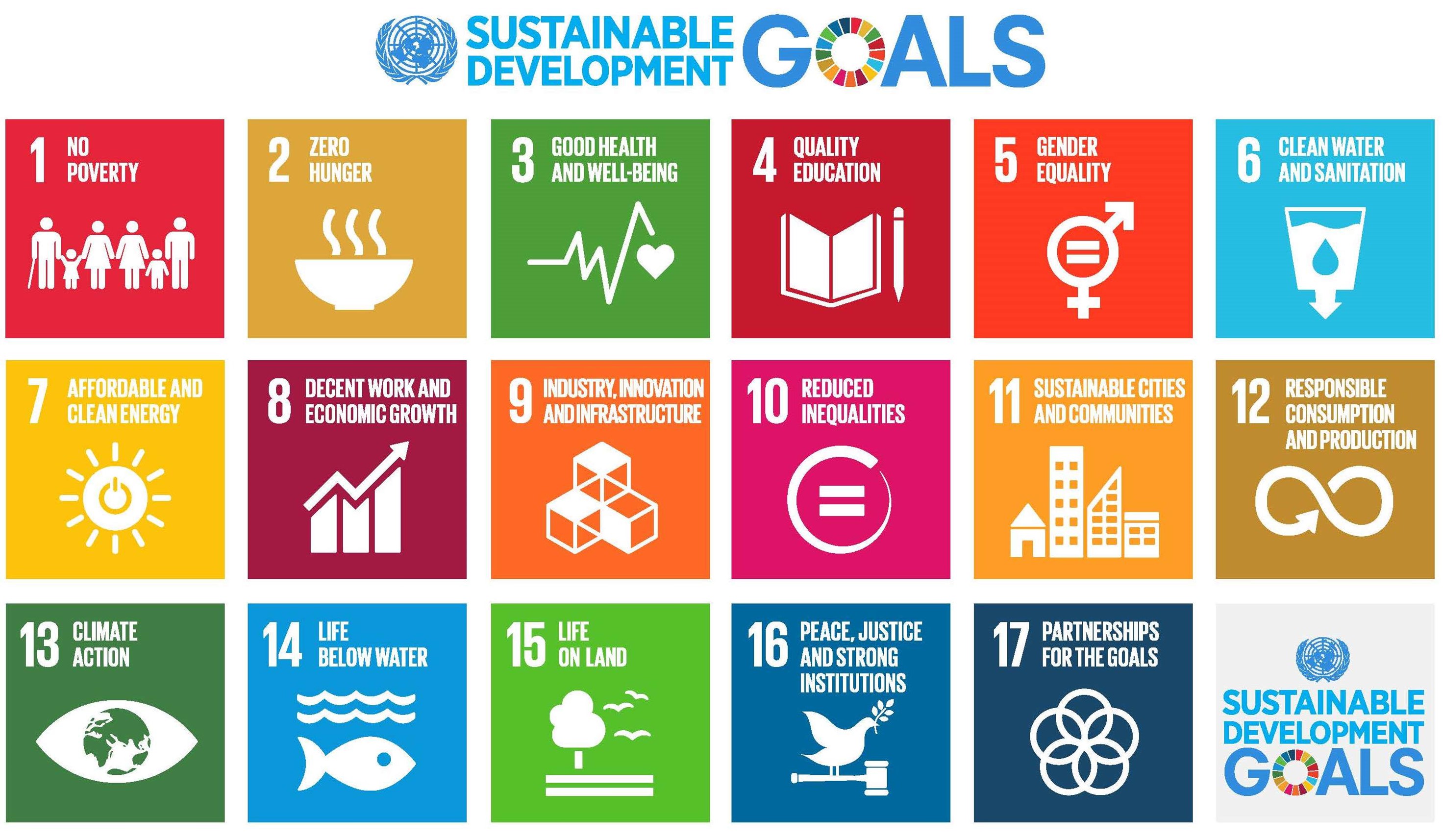
UN Agenda 2030 - Sustainable Development Goals (SDGs)
ISR-UC is fully committed to supporting the UN Agenda 2030 Sustainable Development Goals. Our contribution is shown in the strong collaboration with industries and with international development organizations in different parts of the World, as well as in the relevant performance in the various dimensions of sustainable development (social, economic, environmental), which is reflected in our research activities.
The participation of ISR-UC in the Sustainable Development Goals (SDGs) of the 2030 Agenda for Sustainable Development is listed in the following table:
|
Goal |
Topics |
Projects |
|
(1) No Poverty |
Energy poverty |
Mozambique EEAP - Energy Efficiency Action Plan |
|
(2) Zero Hunger |
Clean cooking Rural energy access |
Ethiopia Low-Electricity Clean Cooking Super-Efficient Refrigerator with Phase Change Materials |
| (3) Good Health and Well-being | Energy access in health facilities and telemedicine |
WOW-Wireless biOmonitoring stickers ROSE – RObot Sensing for tele-Ecography Off-Grid health center - India |
|
(4) Quality Education |
Sustainable development education |
Ethiopia Off-Grid Schools |
|
(5) Gender Equality |
Clean cooking |
Ethiopia Low-Electricity Clean Cooking |
|
(6) Clean Water and Sanitation, |
Water usage and distribution efficiency Wastewater Treatment |
SmartWater: Smart Water Meter and Intelligent Water Analytics Platform SYNAPPS: Platform for Estimation, Control and Optimization of Wastewater Treatment Stations |
|
(7) Affordable and Clean Energy |
Renewable Energy Energy efficiency Global Energy Matrix Energy Consumption Smart Grids Modern and Sustainable Energy Services |
Premium Light Pro UNIDO-MSO –Industrial Motor Systems Optimization Lot 30-EEMDs- Energy efficient motors and drives streamSAVE - Streamlining Energy Savings Calculations CA EED 2– Concerted Action for the Energy Efficiency Directive EPC+-Energy Performance Contracting Plus Transparense: Increasing Transparency of Energy Services Markets NEXTSTEP - Smart-Grid Substation CERtuS: Cost Efficient Options and Financing Mechanisms for nearly Zero Energy Renovation of existing Buildings Stock |
| (8) Decent Work and Economic Growth | Technological modernization and innovation Green economy |
UniQode - security of printed visual identities, such as stamps, seals or documents. |
|
(9) Industry, Innovation and Infrastructure |
Sustainable and Resilient Infrastructures Modernizing Infrastructures and Rehabilitating Industries Clean Industrial Processes Sustainable Transport Systems Scientific Research for Industrial Sectors Technological Capacity of Industry
Strengthening R&D |
InGestAlgae: Intelligent Platform for Microalgae Production Management FACING face biometric systems to improve of facial recognition V2G – Electric Vehicle2Grid EVAICharge: Artificial Intelligence Electric Vehicle Charge for Low Carbon Buildings UniQode - security of printed visual identities, such as stamps, seals or documents. |
|
(11) Sustainable Cities and Communities |
Cities and Urban Agglomerates Sustainable Transport Environmental Impact on Cities Smart Cities |
FACING face biometric systems to improve of facial recognition UniQode - security of printed visual identities, such as stamps, seals or documents. V2G – Electric Vehicle2Grid CERtuS: Cost Efficient Options and Financing Mechanisms for nearly Zero Energy Renovation of existing Buildings Stock EVAICharge: Artificial Intelligence Electric Vehicle Charge for Low Carbon Buildings |
|
(12) Responsible Consumption and Production |
Sustainable Production and Consumption Management and Use of Natural Resources in a Sustainable and Efficient Way Information and Awareness for Sustainable Development |
ECOBOTICS- analysis and monitoring of marine species communities Impacts of the EU’s Ecodesign and Energy/Tyre labelling legislation on third jurisdictionsUniQode - security of printed visual identities, such as stamps, seals or documents. Evaluation of the Energy Labelling Directive and specific aspects of the Ecodesign Directive |
|
(13) Climate Action |
Adaptation to Climate Change Impact of Climate Change |
SafeForest - Semi-Autonomous Robotic System for Forest Cleaning and Fire Prevention |
|
(14) Life Below Water |
Protect Marine Life: |
ECOBOTICS-generating marine life observation data |
|
(15) Life On Land |
Forests |
SafeForest - Semi-Autonomous Robotic System for Forest Cleaning and Fire Prevention |
|
(17) Partnerships for the Goals |
Access to Science, Technology and Innovation Development, Transfer, Dissemination and Dissemination of Environmentally Correct Technology
Sustainable Development Policy |
EETT-Energy Efficiency Training of Trainers Impacts of the EU’s Ecodesign and Energy/Tyre labelling legislation on third jurisdictions |
ISR-UC Ethics and Gender Equality Plan (EGEP)-PDF
|
|
UNESCO believes that all forms of discrimination based on gender are violations of human rights, as well as a significant barrier to the achievement of the 2030 Agenda for Sustainable Development and its 17 Sustainable Development Goals. The European Commission’s 2020-2025 Gender Equality Strategy aims at “achieving a gender equal Europe where gender-based violence, sex discrimination and structural inequality between women and men are a thing of the past. A Europe where women and men, girls and boys, in all their diversity, are equal.” |
The Institute of Systems and Robotics of the University of Coimbra (ISR-UC) is also strongly committed with the development and implementation of an action plan to promote ethics and gender equality, in line with UNESCO's 5th sustainable development goal and the 2020-2025 Gender Equality Strategy of the European Commission.
The ISR-UC Ethics and Gender Equality Working Group (EGEWG) was primarily established with the goals of designing, implementing and monitoring an Ethics and Gender Equality Plan (EGEP), that effectively contribute to attain the EU objectives for gender equality in research:
- Fostering equality in scientific careers;
- Ensuring gender balance in decision-making processes and bodies;
- Integrating the gender dimension in research and innovation contents;
- Defence of employees' ethics.
Methodology
The four-step methodology (see fig. 1) adopted by the EGEWG follows the guidelines and recommendations of the European Institute for Gender Equality, and the Plan for Equality, Equity, and Diversity 2019-2024 of the University of Coimbra.
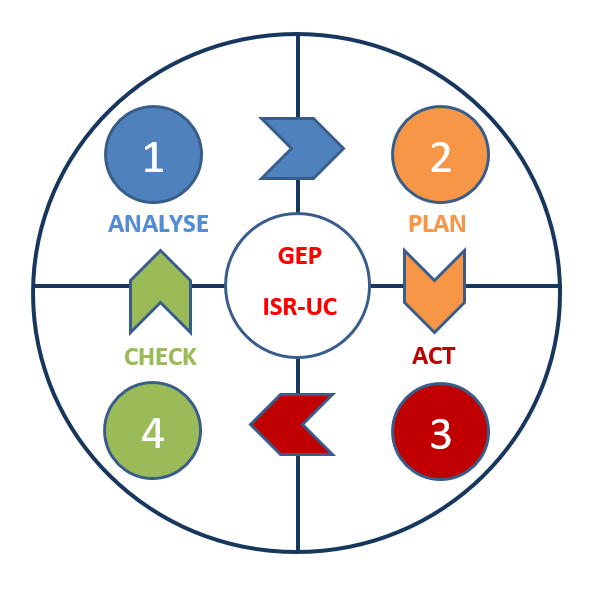
Figure 1: Four-step Methodology adopted by the Ethics and gender equality working group of ISR-UC
 |
ANALYSE – To conduct an extensive diagnosis and analysis regarding gender equality and assessing the state-of-play in ISR-UC. - Review current legislation, and identify existing measures for gender equality; - Analyse gender-disaggregated data of staff, researchers and students; |
||
 |
PLAN – To establish the strategic objectives, which are essentially defined from the challenges identified in the diagnosis. To identify the main areas of intervention and design the plan measures accordingly, as well as indicators, timelines, targets and division of responsibilities. |
||
 |
ACT – Put the measures of the Gender Equality Plan in motion according to the defined timeline. For each measure, in addition to identifying the accomplishment indicator(s), the corresponding schedule is established and the units, services and areas to be involved in its implementation are indicated, as well as the responsibility for its accomplishment is also assigned. |
||
 |
CHECK – Monitoring the progress and evaluating the GEP. Monitoring and evaluation instruments are to be foreseen. Such instruments will allow to assess the progress that is made towards targets, based on indicators. |
Relevant Documents
- ISR - CODE-OF-CONDUCT-AND-ETHICS: https://www.isr.uc.pt/images/codigo_conduta_etica.pdf
- ISR - Ethics and Gender Equality Plan (EGEP) is available in PDF: https://www.isr.uc.pt/images/Ethics-and-Gender-Equality-Plan-ISR_Jun2025.pdf
Other Relevant Documents
- Guide to Gender Mainstreaming in the Management of Research Processes and Content in R&D Units is available in: https://doi.org/10.48552/96vw-rt16
- Guidelines on Gender Dimension in Research is available in: https://www.uc.pt/site/assets/files/1540869/vf_en_gender_in_research_horizon_europe_funding_cirenias_cover.pdf
- Inclusive Event Planning Guide is available in: https://doi.org/10.48552/h76t-s091
- Checklist for Inclusive Events is available in: https://www.uc.pt/site/assets/files/546986/checklist_eventos_inclusivos_dez_2022-1.pdf
- Inclusive Communication in Research Manual is available in: https://doi.org/10.48552/5xwp-p874
Ethics and Gender Equality Working Group
Form Link - https://www.isr.uc.pt/denuncia
| Aniana Cruz | Lara Costa | Paulo Menezes |
 |
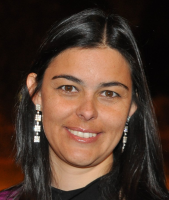 |
 |
